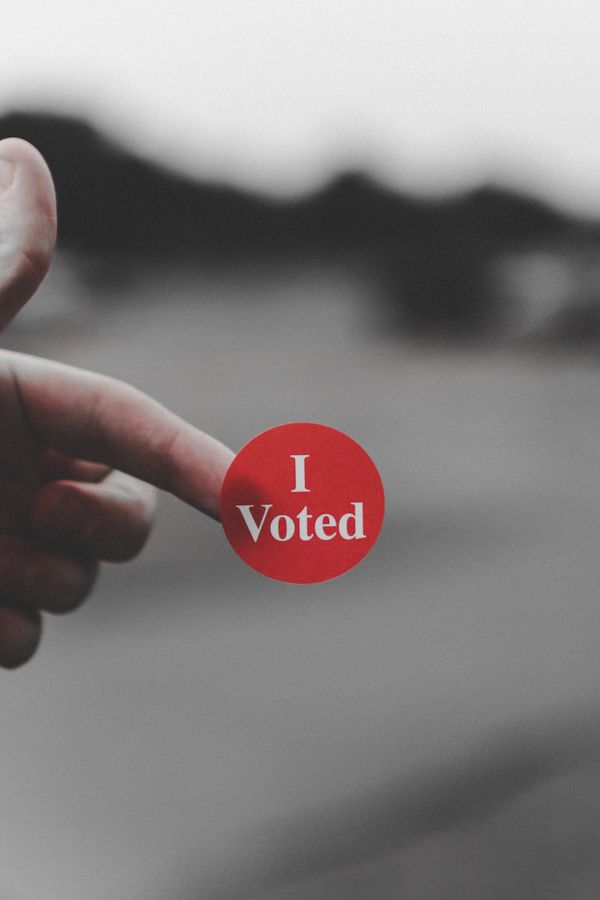A few days ago, I decided to meet one of my friends who I hadn't seen in a while. When we meet, our conversations rarely die off, as there is always so much to talk about. Whether we discuss our experiences and activities while in college, tell funny stories about what happened at work last week, or reminisce about our childhood adventures, our conversations never go dull.
When I met my friend recently, our conversation ran the usual script. How is your summer going? How was work last week? Aren't you going on vacation soon? When do you go back to school? Smiling and laughing as we talked with each other, our conversation was running smooth as usual.
Being the political junkie that I am, I thought that it would be interesting to bring up the recent Democratic and Republican presidential conventions that had occurred just a few days ago — a rare topic for our conversations to touch on. Specifically, I wanted to see what my friend thought of the RNC, as he is a Republican. What could go wrong?
Once we decided where we would grab lunch the next afternoon, I posed a simple question to my friend: What did you think of the RNC?
Our conversation about politics, that I hoped would be informative and civil, suddenly turned tense.
After defending the policy stances of our respective candidates for president, debating the legacy of Barack Obama, determining the credibility of Donald Trump and Hillary Clinton, and expressing our reasons for why we chose to be affiliated with the Republican party (my friend) and the Democratic party (myself), it became clear after some time that one of us should end the conversation soon or risk the possibility of our initially decent meeting suddenly turning for the worst.
This type of situation is a pet peeve of mine.
In a nation rooted in democratic principles, whose founders procured the right of all citizens to freely express their ideas and opinions, a lot of people are apprehensive when it comes to engaging in conversations about politics -- even with close friends and family.
Even though I myself am comfortable talking politics with people (although it did take me a while to become as comfortable as I am now, I must say), I do understand why others are worried about engaging in open, even private conversations about politics. Some people do not want to risk ending a relationship. Others worry that about their political views offending others — and employers. And a good deal of people I know just do not like talking about politics since they believe they see no point in it — who cares about my views?
While I understand the stances of those who approach political talk opposite than I do, I think that people should feel just as comfortable talking about politics as they do talking about the weather. It is my firm belief that people benefit from freely exchanging their political views with one another without fear of damage to ones self-esteem or pride, dignity or honor. In a world with numerous nations, peoples, societies, cultures, religions — and thus points of view — why stay quiet? Why not express our thoughts and opinions with each other and learn from one another, not quarrel? Conversations about politics should not lead to heated fights, broken relationships and isolation, but rather civil exchange, relationship building and openness.
Some may think that what I hope to come of political discourse is unachievable and naive. I say that it’s achievable and wise.










































